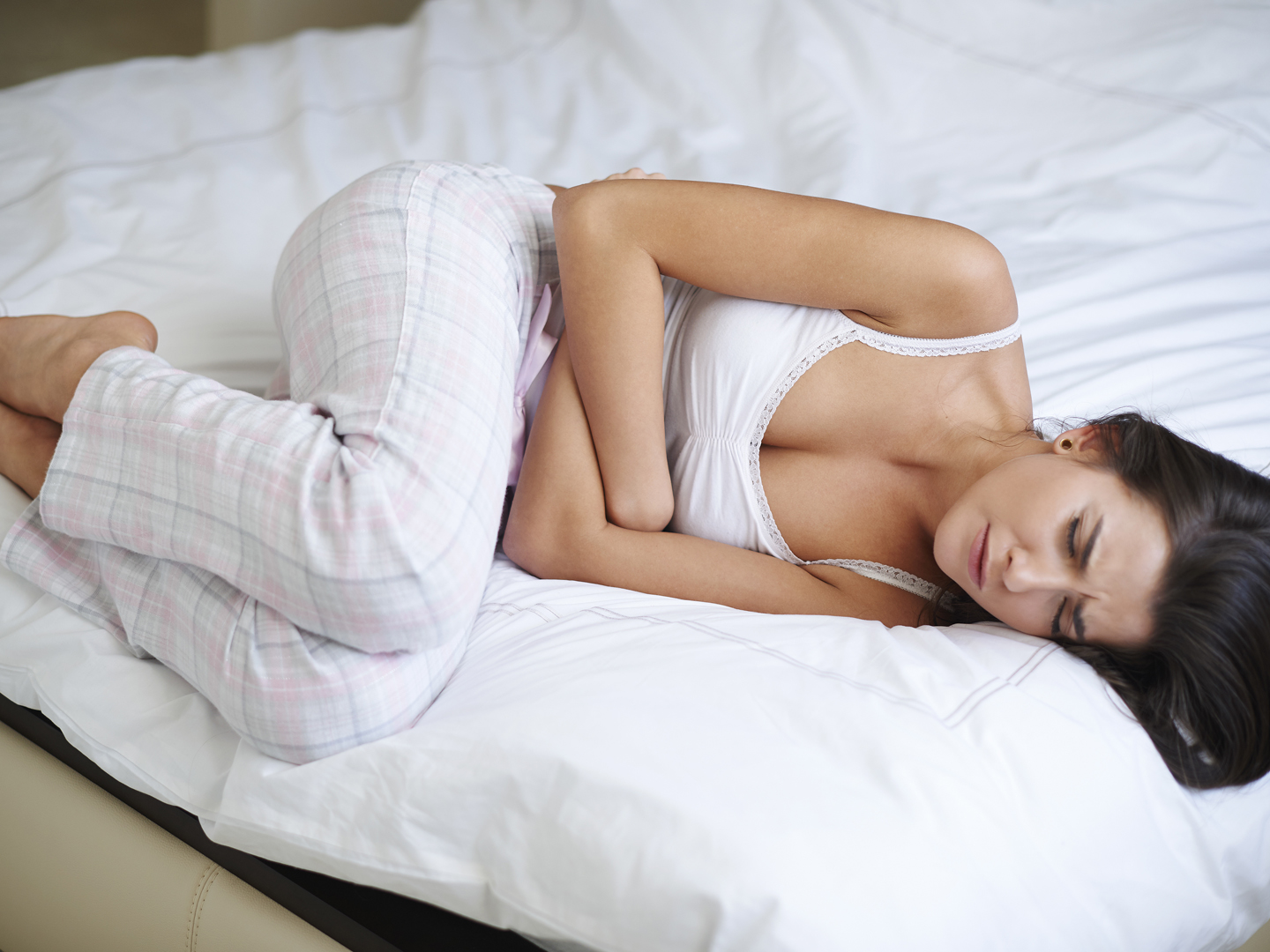Urinary Tract Infections (UTI)

About 10 to 20 percent of women will develop a urinary tract infection (UTI) at some point in their lives. Cystitis (a bladder infection) is a common type of UTI, and is far more prevalent among women than men. It is reported to be one of the most frequent medical complaints among women in their reproductive years.
UTI Symptoms And Causes
The urinary system helps to eliminate waste products and maintain proper water and salt balance in the body. The waste products are filtered from circulating blood by the kidneys, which are attached to the bladder by thin tubes called the ureters. The bladder is responsible for storing urine, which then flows out of the body through another tube called the urethra.
Normally, the bladder is sterile – completely free of bacteria and other infectious organisms. When an infection occurs, it is typically found in either the lower urinary tract – affecting the bladder and urethra – or the upper urinary tract, which affects the kidneys and ureters. When an organism invades the urinary tract, it enters by one of two routes: the lower end of the urinary tract or through the bloodstream.
Bacterial infections arising from the lower tract are very common, particularly among women, whose urinary anatomy makes them much more susceptible than men. The bacterium Escherichia coli (E. Coli) is responsible for most urinary tract infections. E. Coli is actually harmless in the small intestine where it normally resides, but becomes a problem when it spreads to the urinary tract.
UTI Risk Factors
- Age and gender. Women are 30 times more likely to develop a bladder infection than men. After menopause, the risk for recurrent infections increases substantially. This may be due to a decrease in estrogen, which may result in a reduction of the number of beneficial bacteria in the vagina that help keep harmful bacteria in check. The bladder also tends to become less elastic with age and may not empty completely.
- Sexual activity. Frequent or traumatic sexual intercourse can increase the risk of urinary tract infections.
- Pregnancy. Up to 10 percent of pregnant women tend to have bacteria in their urine, which increases the risk for urinary tract infections.
- Antibiotics. Some antibiotics can actually eliminate the good bacteria, cause an overgrowth of E. Coli in the vagina and increase risk of UTIs.
- Addiction to coffee and other forms of caffeine, as well as alcohol addiction and dehydration, are aggravating to the urinary tract.
Typical Symptoms Of A UTI Include:
- Bladder infections. These are marked by a frequent, urgent need to urinate, or a painful or burning sensation during urination. Frequent urination may also occur during the night. Urine is typically cloudy.
- Urethritis (inflammation of the urethra). Marked by painful urination and a frequent need to urinate.
- Kidney infection. A bladder infection with pain spreading to the lower back or flanks may indicate that the infection is moving to the upper tract. Fever is common and blood in the urine may be visible as a pink tinge. Medical help should be sought immediately if this occurs.
Suggested Lifestyle Changes
- Avoid wearing tight-fitting pants. Also, wear cotton-crotch underwear and pantyhose, and use mild detergents when washing underwear.
- Don’t hold your urine. Be sure to urinate frequently and when you have the urge.
- Drink the right fluids. Increase your intake of fluids so that you urinate more frequently. Plain water is best, and it is also important to avoid alcohol and coffee.
- Good hygiene before and after sex. Keep the genital and anal areas clean, and urinate before and after intercourse to cleanse the urethra of bacteria. Always wipe front to back after a bowel movement.
- Try an estrogen vaginal cream. This may be best for post-menopausal women, who have lower levels of estrogen. Some research suggests that estrogen may help increase the number of beneficial bacteria that help fight infections.
Nutrition And Supplements
Cranberry juice and cranberry extract. Cranberries contain a substance that helps prevent bacteria from adhering to the bladder walls. Drink unsweetened cranberry juice concentrate diluted with water, or take powdered cranberry extract in capsules.









